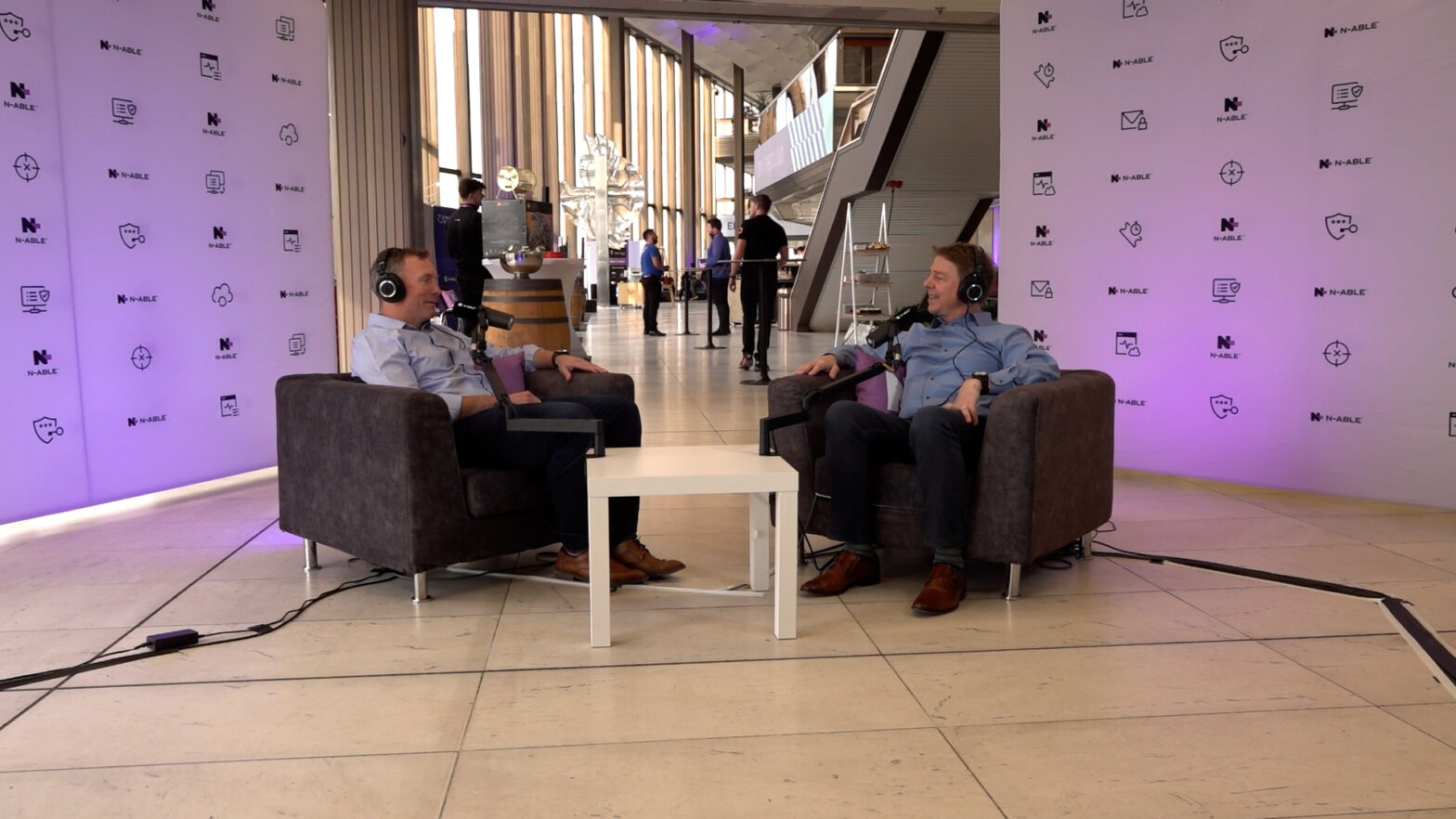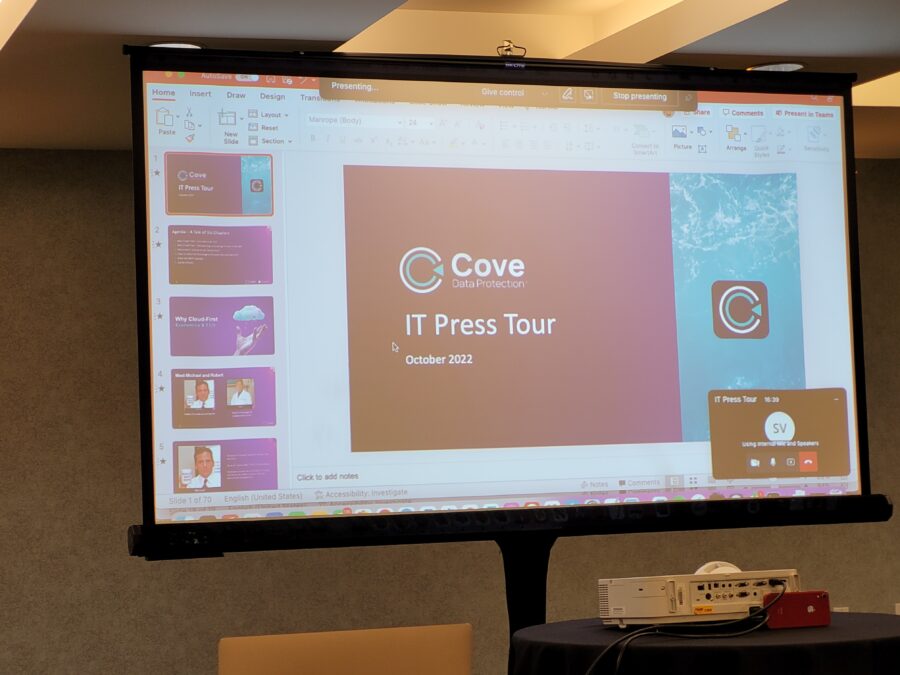A philosophy developed in response to a rapidly changing working culture, ‘agile’ thinking focuses on an organisation’s ability to transform itself to meet changing demands.
In many ways, the concept is a reaction to digital technology and the impact this has had on customers and society in general. But the ability to change quickly is also necessary when businesses are called on to adapt to new regulations, such as gender pay reporting and GDPR, or when pressure is generated by competitors.
As an idea, it’s still in a nascent stage. Less than one in twenty have implemented an agile strategy, according to McKinsey’s global survey. But while it’s yet to be widely adopted, HR departments need to understand the implications, as this method of operating is starting to deliver results.
>See also: UK wasting £37 billion a year on failed agile IT projects
McKinsey found that 81% of respondents reported a ‘moderate’ or ‘significant’ increase in overall performance after transitioning to an agile method of working. While a study by BPS World found that 67% report significant boost in productivity.
What agile means for HR?
Agile working shouldn’t be confused with flexible working – which has a narrower meaning, specifically related to where and when employees work. Instead, agile working is a broader concept which involves the reallocation of resources to match the demands being placed on a business.
This will impact people and processes in different ways across various functions. However, any reorganisation of this nature will, of course, require input from HR departments, especially as it is likely to significantly alter working patterns and recruitment.
>See also: Solving one of Ghana’s biggest challenges with an agile framework
There’s nothing new in that requirement per se – we’ve always needed to adapt to changes within the industry. The difference with the agile concept though is the emphasis on speed of change.
Enabling agility
For an agile approach to succeed, HR departments will be key. They will be needed to fulfil two main roles:
1. Analyst
For any business unit to change quickly, with confidence, they will need to fully understand the consequences of their actions – and HR will be required to provide relevant insight. This will not just involve supplying relevant data but providing a detailed analysis on such things as the availability of talent matching a particular skill requirement.
2. Facilitator
To meet changing demands, organisations may need to form new teams with new responsibilities, working across various locations. This will require HR to resolve pay and conditions for new and existing employees, and minimise any disruption during the transition.
>See also: How agile methodology can transform the testing journey
It would be ideal if HR was able to resolve any potential employee issues – such as a pay dispute, absence requests, expense claims – as efficiently as possible during that period.
Embracing transformation
One of the most effective ways HR can provide continuity throughout a period of change is to offer employees a point of access, that’s available 24/7. This will commonly take the form of a self-service portal. If HR professionals are to ensure change is fluid and painless, they will need to adopt solutions like this.
>See also: The innovation imperative: agile design in the automotive industry
It’s still early days when it comes to adopting agile working, but given the growing popularity of the concept, it won’t be long before HR finds itself being asked to help manage rapid change of this nature. And without the appropriate processes in place, it will be a struggle to deliver on those demands.
The smart course of action would be to stay ahead of the curve and deploy the digital systems that will help you keep pace and facilitate any new way of working.
Sourced by Lisa Baggaley, HR Lead, NGA HR







